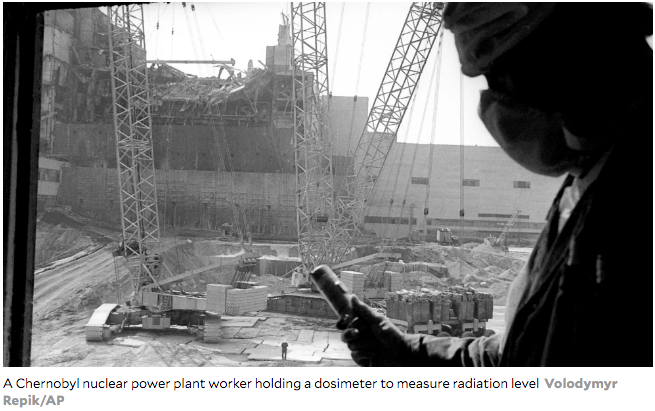Faculty & Student Mentions, News
INTERVIEW: Prof. Kate Brown interviewed by Mother Jones ‘Russia Just Seized Chernobyl. Here’s Why It Matters.’
Feb 28, 2022

Russia Just Seized Chernobyl. Here’s Why It Matters.
“A nuclear reactor is a vulnerable source of energy because it relies on peace and stability.”
More than 35 years after the worst nuclear accident in history, Russian troops advancing into Ukraine have seized control of the Chernobyl plant. Calling Putin’s invasion of the country “a declaration of war against the whole of Europe,” Ukrainian President Volodymyr Zelenskyy said on Twitter that “our defenders are giving their lives so that the tragedy of 1986 will not be repeated.” The Ministry of Foreign Affairs of Ukraine has also issued an ominous warning that if the full-scale war Russian President Vladimir Putin has launched against Ukraine continues, “Chernobyl can happen again in 2022.”
But what does this mean? Is the former site of the accident still potentially dangerous? What about the 15 nuclear reactors in Ukraine that might be at risk? And what is the legacy of Chernobyl in Ukrainian history and society?
To answer some of these questions, Mother Jones spoke with Kate Brown, distinguished professor in the history of science at MIT and the award-winning author of several books. One of them is Manual for Survival: A Chernobyl Guide to the Future—a nonfiction finalist for the 2019 National Book Critics Circle Award—about the legacy of Chernobyl, the risk of a nuclear fallout, and what that could mean for Europe and the rest of the world. We caught up with Brown, who was in Cambridge, by phone. Our discussion has been edited and condensed.
CONTINUE READING: Russia Just Seized Chernobyl. Here’s Why It Matters.
